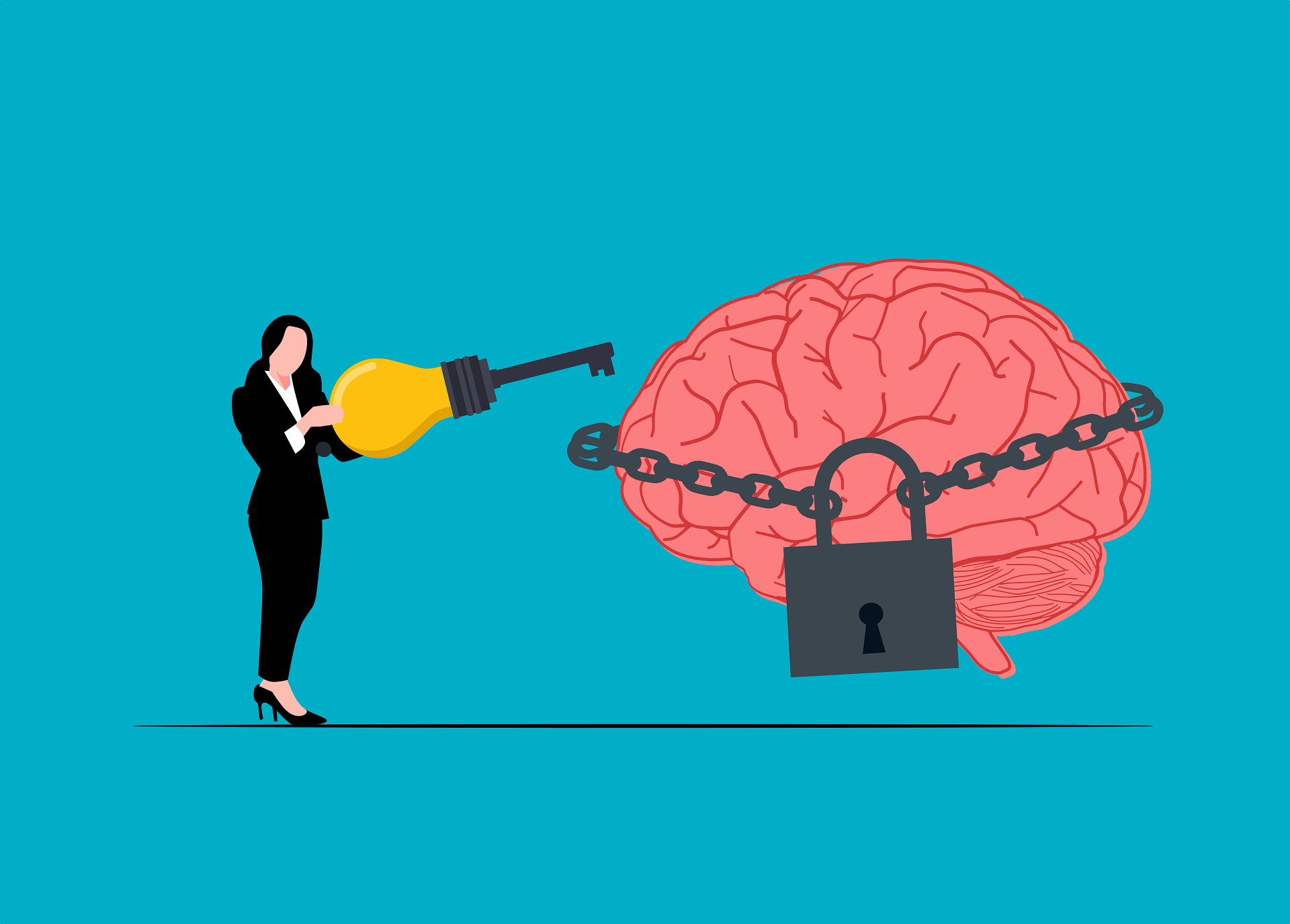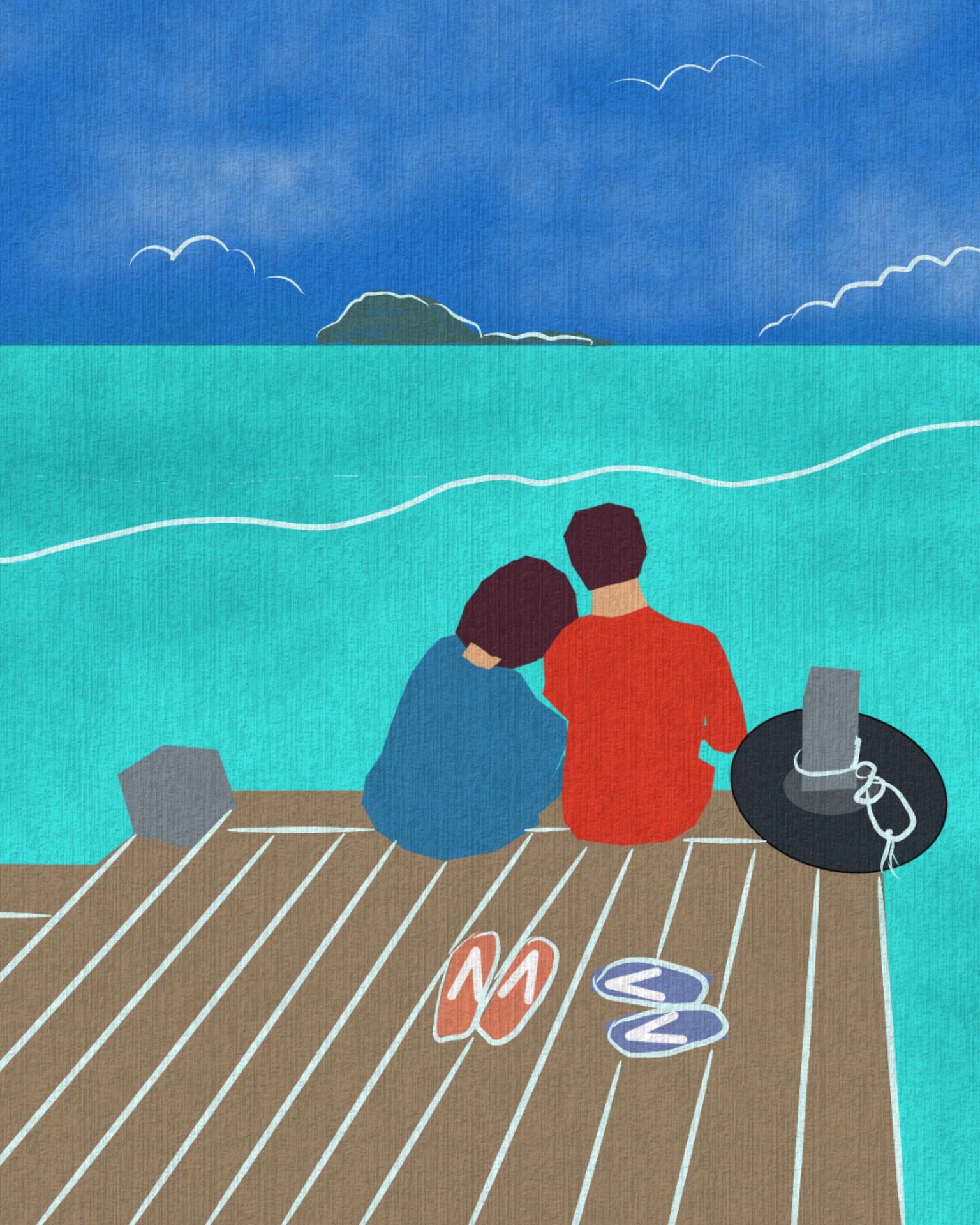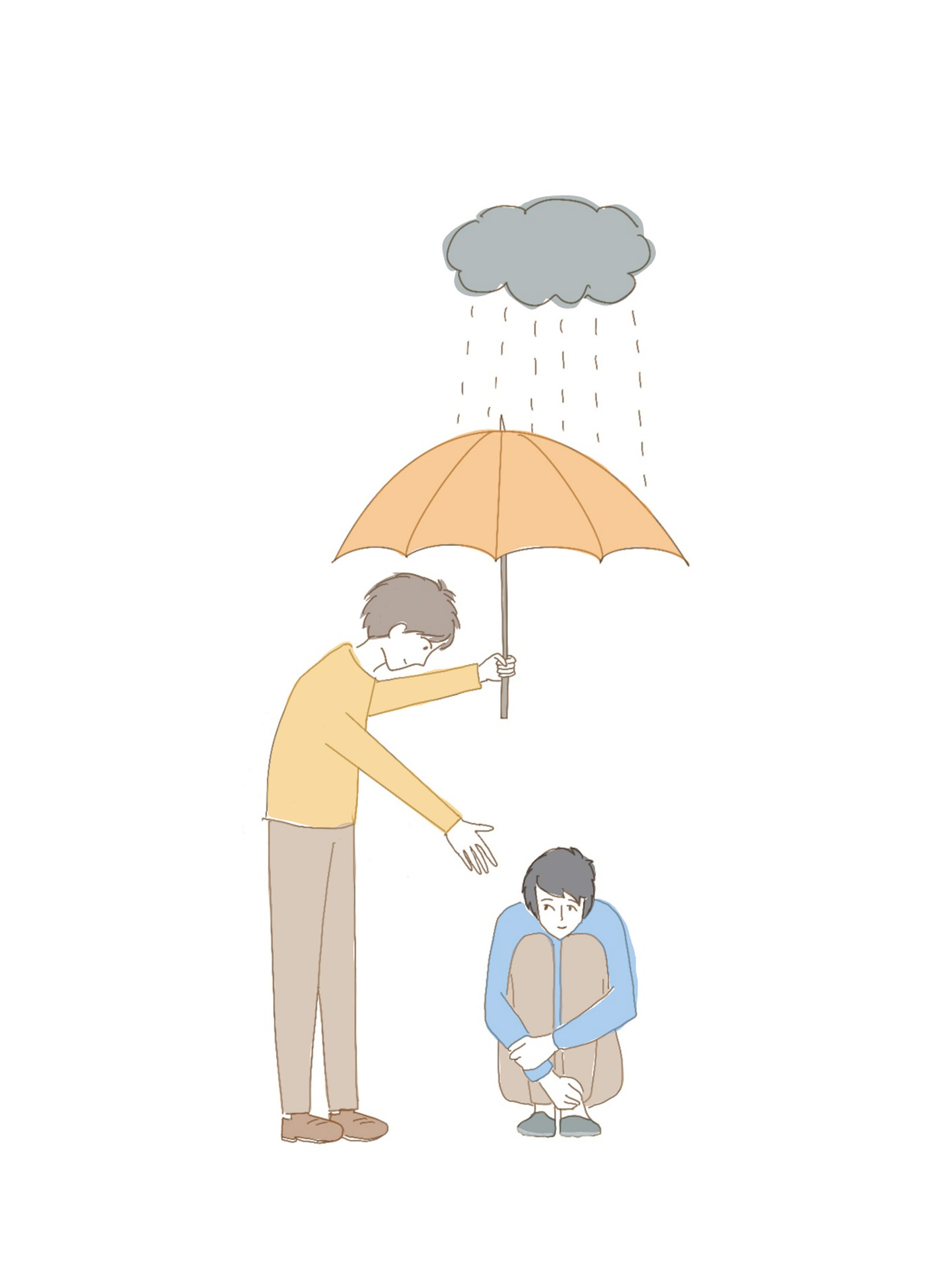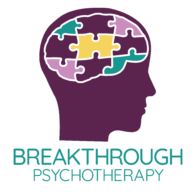Services

EMDR Therapy
You may have heard about EMDR; it’s become more and more popular as people learn about its effectiveness from friends or family who have undergone EMDR therapy or from movies and television. EMDR may seem like a new therapy, but it’s actually been around since the 1980s.
EMDR stands for Eye Movement Desensitization and Reprocessing, although any bilateral stimulation can be utilized to achieve results, including tactile stimulation with pulsators that you hold in your hands or auditory stimulation with headphones. EMDR is a well-researched, effective psychotherapy technique that has been proven to help people recover from trauma and other distressing experiences that are keeping them from enjoying life to the fullest. In short, EMDR therapy helps resolve unprocessed traumatic memories in the brain. For most clients, EMDR can be completed in fewer sessions than other forms of therapy.
One of my favorite things about EMDR therapy is that unlike traditional talk therapy, it does not require talking in detail about the distressing event that you are seeking help for. Instead, EMDR therapy focuses on changing the emotions, thoughts, or behaviors resulting from the distressing issue, and allows the brain to do what it’s designed to do; heal itself.
I’ve provided a link to a brief video below that will help provide you with more information about EMDR therapy. I’ve also listed common issues that EMDR is used to treat and organizations that recommend EMDR. EMDR has to be experienced to be fully understood and it takes a bit of courage to undertake, but the results experienced are remarkable. Regardless of your own path to healing, I wish you grace for the journey.
EMDR therapy can be utilized for the following:
- Anxiety, panic attacks, and phobias
- Chronic Illness and medical issues
- Depression and bipolar disorders
- Grief and loss
- Performance anxiety
- Substance Abuse and addiction
- Personality disorders
- PTSD and other trauma and stress-related issues
- Sexual assault
- Sleep disturbances/nightmares
- Violence and abuse
Some of the organizations that recognize EMDR as an effective treatment include the American Psychiatric Association, the International Society for Traumatic Stress Studies, the Substance Abuse and Mental Health Services Administration, the U.S. Dept. of Veterans Affairs/Dept. of Defense, The Cochrane Database of Systematic Reviews, and the World Health Organization.

Couples Therapy
One of my favorite things about being a therapist is helping my clients improve their significant relationships. I utilize an evidence-based curriculum that requires approximately 10 – 12 sessions and addresses issues ranging from targeting habits that hamper good communication, learning skills that will foster improved communication and understanding, as well as learning and practicing the art of compromise.
My goal is always to help you and your family to move forward toward your goals; after all, you’re the expert on your family and relationships; I’m just here to help bridge the gap.

Anxiety and Depression
If you’re struggling with anxiety or depression, chances are you don’t need me to describe it to you or give you a list of symptoms; You know.
Anxiety and depression are very real; but also very treatable. I can help you explore techniques and treatments that will help you move beyond anxiety or depression and get back to the business of living your life.
Some of the techniques that I use to treat anxiety and depression include Cognitive Behavioral Therapy (CBT), Behavioral Therapy, mindfulness, relaxation exercises, guided imagery, and art therapy. Your case is unique to you and we’ll work together to find the unique plan that works for you.
If needed, I can help you connect with a psychiatric prescriber who can assist with managing your depression and/or anxiety with medication; research shows clients who receive the best results for the longest period of time are receiving both therapy and medication (when needed).
Unsure if anxiety or depression is the issue? See the list of symptoms below:
Common Symptoms of Anxiety
- Feeling restless, wound-up, or on-edge; feeling as if you are “coming out of your skin”
- Feeling tired or easily fatigued
- Difficulty concentrating; mind going blank; difficulty “finding words”
- Irritability
- Muscle tension
- Difficulty controlling feelings of worry
- Having sleep issues, such as difficulty falling or staying asleep, or unsatisfying sleep
Common Symptoms of a Panic Attack
- Heart palpitations, a pounding heartbeat, or accelerated heart rate
- Sweating
- Trembling or shaking
- Sensations of shortness of breath, smothering, or feeling pressure in your chest
- Feelings of impending doom
- Feelings of being unable to control your symptoms
Common Symptoms of Depression
- Persistent sad, anxious; feeling “empty”
- Feelings of hopelessness or pessimism
- Irritability
- Feelings of guilt, worthlessness, or helplessness
- Loss of interest or pleasure in hobbies or activities
- Decreased energy, fatigue
- Difficulty concentrating, remembering, or making decisions
- Difficulty sleeping, early morning awakening, or feeling tired all the time
- Changes in appetite
- Aches or pains, headaches, cramps, or digestive problems without a clear physical cause that don’t respond to medical treatment
- Passive thoughts of suicide such as “Everyone would be better off without me”, “What’s the point?”
- Active thoughts of suicide such as making plans for ending your life
